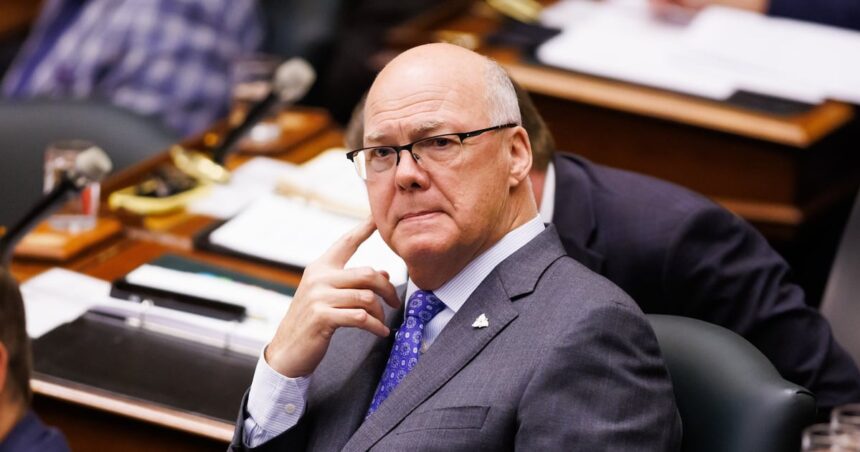As Ontario expands controversial “strong mayor” powers to smaller municipalities, local councillors are mounting significant opposition, calling the provincial initiative an overreach that threatens democratic processes in communities where collaborative governance has long been the norm.
“This is a solution searching for a problem that doesn’t exist,” says Councillor Maria Reyes of Belleville, where the council recently passed a resolution rejecting the powers despite qualifying for them under new provincial guidelines. “In smaller communities like ours, consensus-building isn’t just preferred—it’s essential to how we function.”
The Ford government initially introduced strong mayor legislation in 2022 for Toronto and Ottawa, granting mayors veto power over council decisions and expanded authority over municipal budgets and hiring. The program has since expanded to include 21 additional municipalities with populations over 100,000, and now extends to dozens of smaller communities across the province.
Provincial officials defend the expansion as necessary to accelerate housing development and infrastructure projects. Municipal Affairs Minister Paul Calandra insists the powers provide “tools to cut through red tape” and help municipalities meet provincial housing targets. However, a CO24 News investigation found that at least 14 qualifying municipalities have formally declined these powers through council resolutions.
The pushback comes as CO24 Politics analysts note a growing urban-rural divide in governance approaches. In Brockville, a community of approximately 22,000, councillors voted unanimously against implementing strong mayor provisions.
“The collaborative model works here,” explains Brockville Councillor Thomas Wilson. “When you have a seven-member council serving a small population, everyone knows each other. The mayor getting special powers fundamentally alters the relationship with citizens who expect direct access to decision-makers.”
Critics point to concerning implementation patterns. According to municipal governance expert Dr. Eleanor Hughes from Queen’s University, the expansion reveals fundamental misunderstandings about small-town governance dynamics.
“In communities where council members often serve part-time and municipal staff are stretched thin, these powers create significant imbalances,” Hughes told CO24 Business. “There’s legitimate concern about concentrating power without corresponding increases in oversight mechanisms.”
Financial implications also worry smaller communities. Oakville Mayor Rob Burton, whose municipality has rejected the powers despite qualifying, raises questions about fiscal accountability: “When one person can override budget decisions made by elected representatives, you’re fundamentally changing the compact between taxpayers and their government.”
Several Canada News sources confirm that municipalities including Thunder Bay, Sarnia, and Stratford have passed motions formally declining the powers, while others have implemented them with significant modifications designed to preserve council authority.
The resistance comes amid broader tensions between provincial and municipal governments over autonomy. Political scientists point to strong mayor legislation as part of a pattern where provincial governments increasingly dictate local governance structures.
“This represents a fundamental shift in how local democracy functions,” notes University of Toronto municipal law professor Dr. James Chen. “The question is whether efficiencies gained through centralized decision-making outweigh the loss of diverse perspectives in policy development.”
As implementation continues across Ontario, citizens are increasingly asking: In our eagerness to streamline governance and accelerate development, are we inadvertently sacrificing the community-based decision-making that has defined small-town democracy for generations?

























